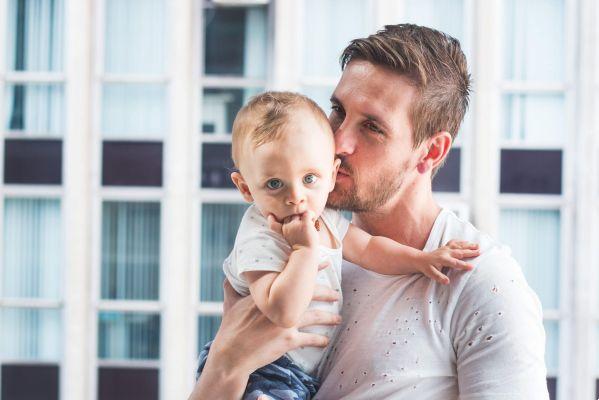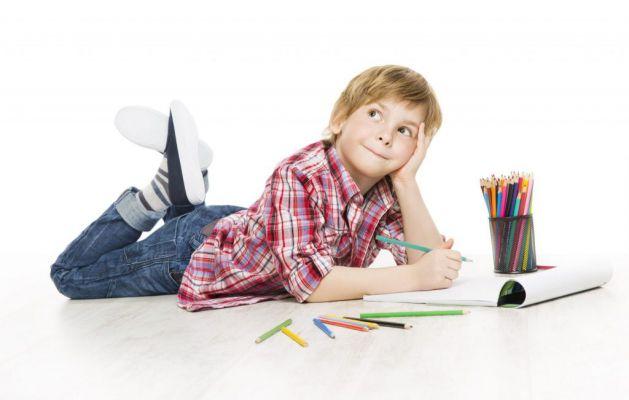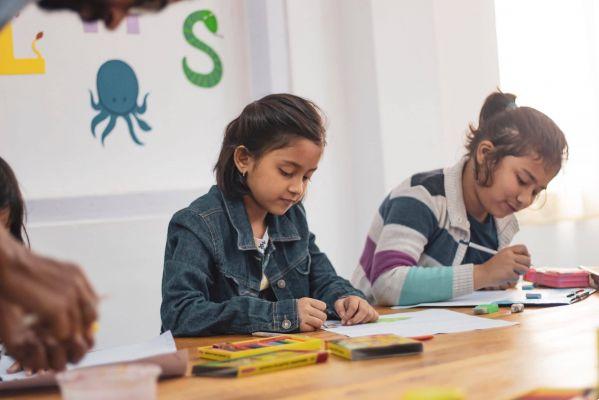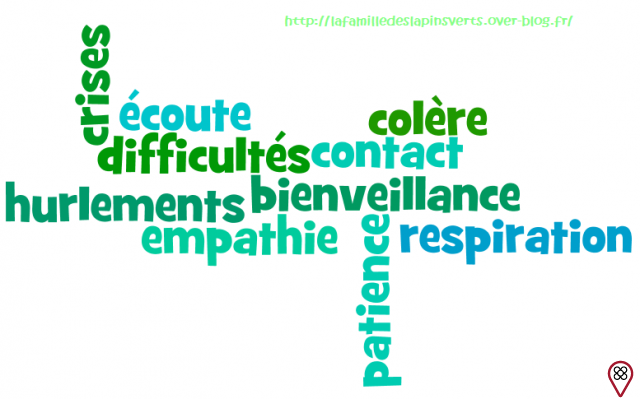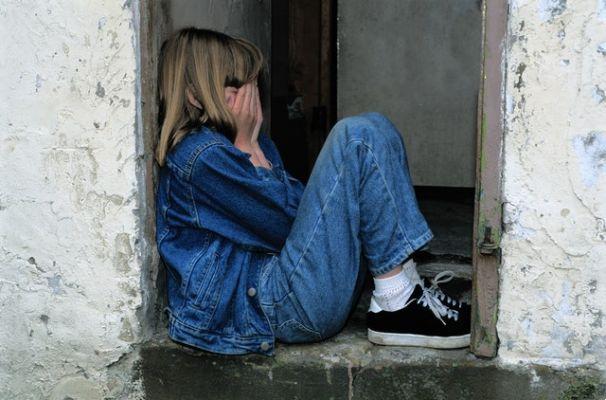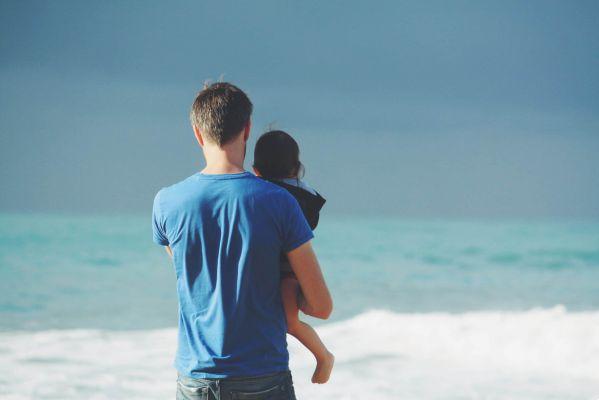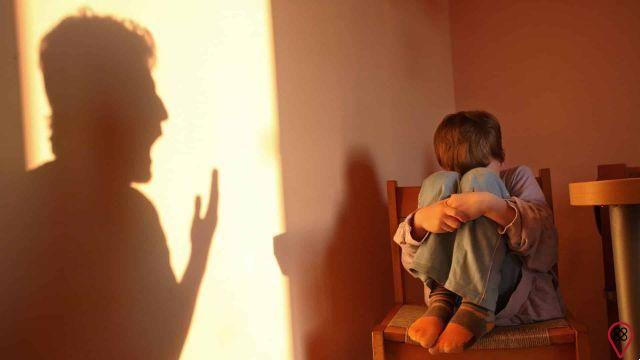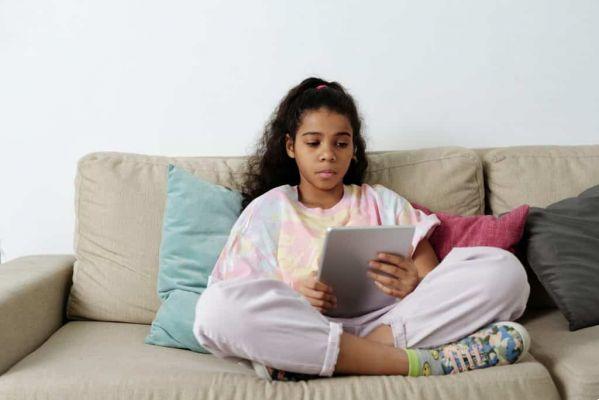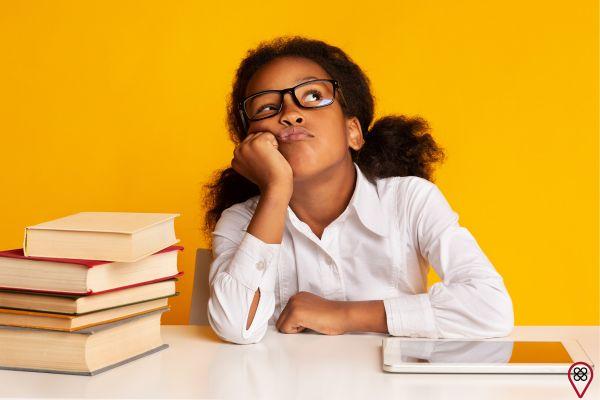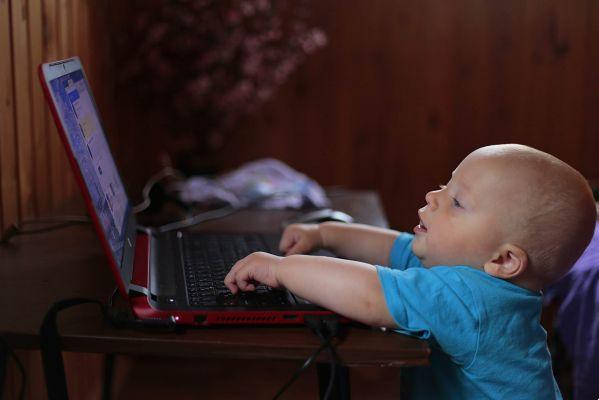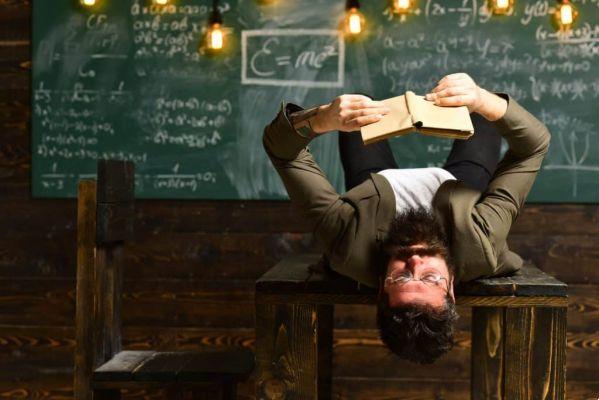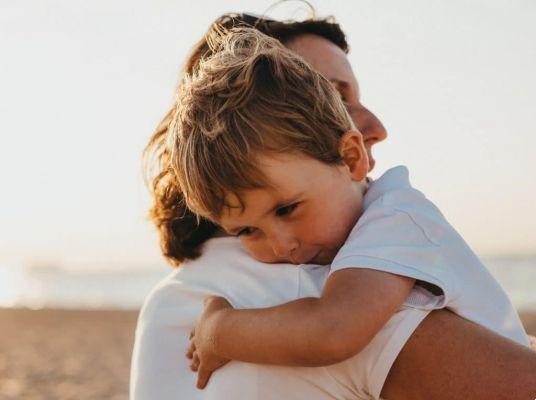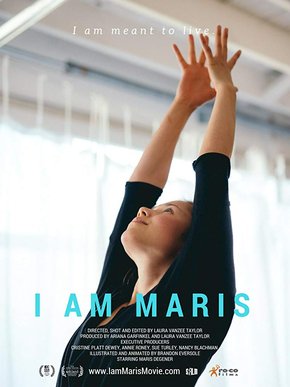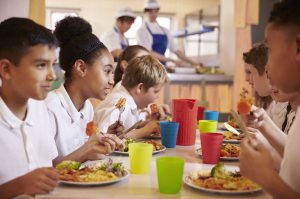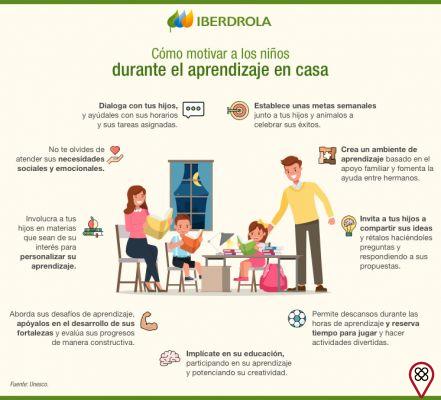The school is, without a shadow of a doubt, a modeling mirror for children along with the family and the domestic environment.
Many are the parents who debate about the best alternative in the education of their children, even at very early ages. Kindergartens invariably have the same ranges of offer. There are a few examples that take an alternative approach to children's education. Putting a nanny (nanny) focuses on comfort and also on the safety factor, it is seen as a more welcoming and intimate option. Those who have the opportunity often choose to raise at home with the help of other family members, often grandparents.
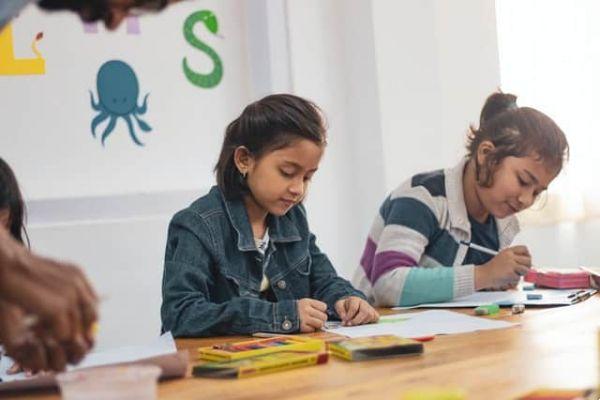
Especially since the 80s, alternative educational plans have emerged, plans that can be carried out at home or in kindergarten.
The school tends to model, segregate, looking at the group as a whole and not in its individuality and above all, almost always valuing the intellectual capacities that are guided by a set of rigid rules.
Often the child's nature is not respected. Children are naturally active and curious, the sensory aspect is an important vehicle for absorbing new knowledge.
In terms of their experience, the activities they want to develop, children should feel free to express their opinions and act freely in this area. Her timing and rhythm should develop according to what she feels she needs, with no limits imposed.
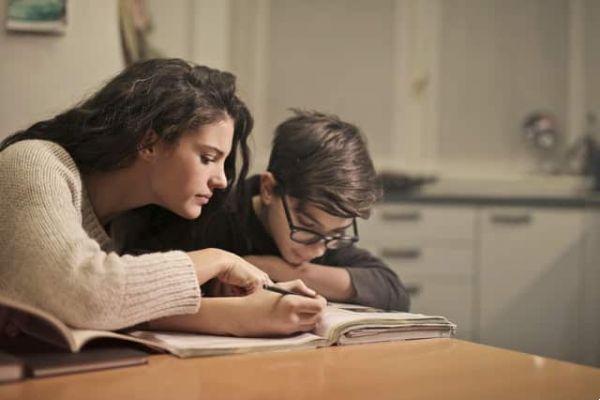
There is a substantial difference in saying that we educate a child or saying that we help him to develop.
Each being is unique and it is these divergent aspects that must be explored, even with follow-up and guidance on relevant issues. The child must be free to experience, question and dialogue. Different activities must be practiced, from gardening to theater, passing through scientific and linguistic experiments. Their development must be diverse, as it opens them to awareness of the greatness of the world and of everything that is possible to learn.
The failure of the traditional school, in the patterns that have remained almost unchanged for years, is in wanting everyone to learn exactly the same and at the same pace. It ends up creating a block in which those who do not integrate and get lost in time are left behind. The group proceeds as if it were a homogeneous whole. Therefore, creativity, individual curiosities, which allow us to think outside of what is normative, is simply eliminated. The student positions himself as a spectator during his learning, intervening only when requested. Memorization takes precedence over experience.
You may also like
- Discover how individual education works!
- Your kids don't like to read? See how to reverse this situation!
- Learn more about child independence
When we think of another type of teaching, we put the student and the teacher on a path in which one guides the other and expects that, by himself, in his time, he will reach his conclusions. Intuition, the individual way of seeing the world end up playing a prominent role. There are several studies that prove that children who attend this type of education are happier and more integrated and show a greater desire to learn, and school dropout is lower. Benjamin Franklin has a phrase that sums up this teaching spirit well: “Talk and I will forget; teach me and I can remember; involve me and I will learn”.



